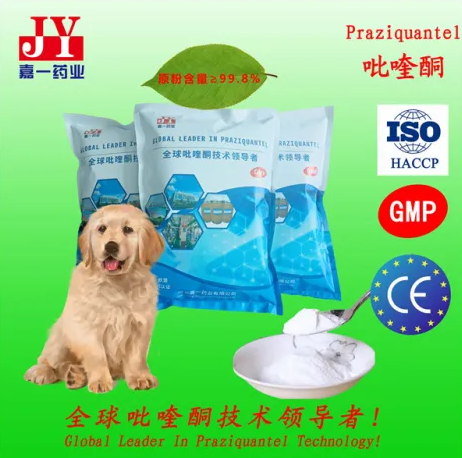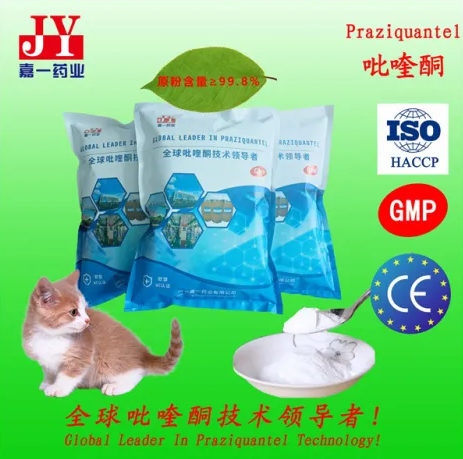The Global Impact of Praziquantel: Fighting Neglected Tropical Diseases
Neglected Tropical Diseases (NTDs) affect over a billion people worldwide, primarily in low-income regions with limited access to healthcare resources. Among these diseases, parasitic infections like schistosomiasis and intestinal fluke infections are widespread. Praziquantel, a remarkable medication, plays a pivotal role in combating these NTDs.
The Burden of Neglected Tropical Diseases
NTDs are a group of diverse parasitic and bacterial infections that predominantly afflict individuals in impoverished and underserved regions. These diseases often lead to debilitating health consequences, perpetuate the cycle of poverty, and hinder economic development. Among NTDs, schistosomiasis and intestinal fluke infections are prevalent and particularly burdensome.
Understanding Schistosomiasis and Intestinal Fluke Infections
Schistosomiasis: This parasitic disease is caused by blood flukes of the genus Schistosoma. It affects millions of people, particularly in Africa, Asia, and South America. Infected individuals can suffer from chronic pain, organ damage, and impaired growth and cognitive development, impacting their overall quality of life.
Intestinal Fluke Infections: Intestinal flukes are another group of parasitic worms that affect the digestive system. These infections can lead to gastrointestinal symptoms, malnutrition, and other health complications.
Praziquantel: The Wonder Drug
Praziquantel, discovered in the 1970s, has emerged as a highly effective treatment for schistosomiasis and intestinal fluke infections. It is safe, affordable, and easy to administer, making it an ideal solution for mass drug administration (MDA) programs.
Global Impact of Praziquantel
Preventing and Alleviating Suffering: Praziquantel treatment not only eliminates parasites from infected individuals but also prevents further complications and suffering. Children and adults who receive praziquantel experience improved health and quality of life.
Reducing Transmission: MDA programs that distribute praziquantel have successfully reduced the transmission of schistosomiasis and intestinal fluke infections in endemic areas. This not only benefits those receiving treatment but also helps break the cycle of transmission within communities.
Enhancing School Attendance: Schistosomiasis often affects school-aged children, leading to absenteeism and reduced educational opportunities. Praziquantel treatment promotes school attendance, ensuring that children can pursue an education.
Boosting Economic Prosperity: By improving the health and productivity of individuals in endemic regions, praziquantel contributes to economic development. Healthy individuals are more capable of participating in the workforce and contributing to their communities.
Supporting Sustainable Development Goals: The global community recognizes the importance of addressing NTDs in achieving the Sustainable Development Goals (SDGs). Praziquantel plays a significant role in advancing these goals by improving health, reducing poverty, and promoting education.
Challenges Ahead
While praziquantel has made a substantial impact in the fight against NTDs, challenges remain. These include the need for increased access to medication in remote areas, ongoing research to combat drug resistance, and continued funding and support for NTD control programs.
Praziquantel has been a game-changer in the global battle against neglected tropical diseases. Its widespread availability and efficacy have transformed the lives of millions, particularly in regions where these diseases have long been a scourge. As efforts continue to expand access to praziquantel and address the broader issues of NTDs, we can look forward to a brighter future where these diseases no longer hinder the health and well-being of vulnerable communities worldwide.




Comments
0